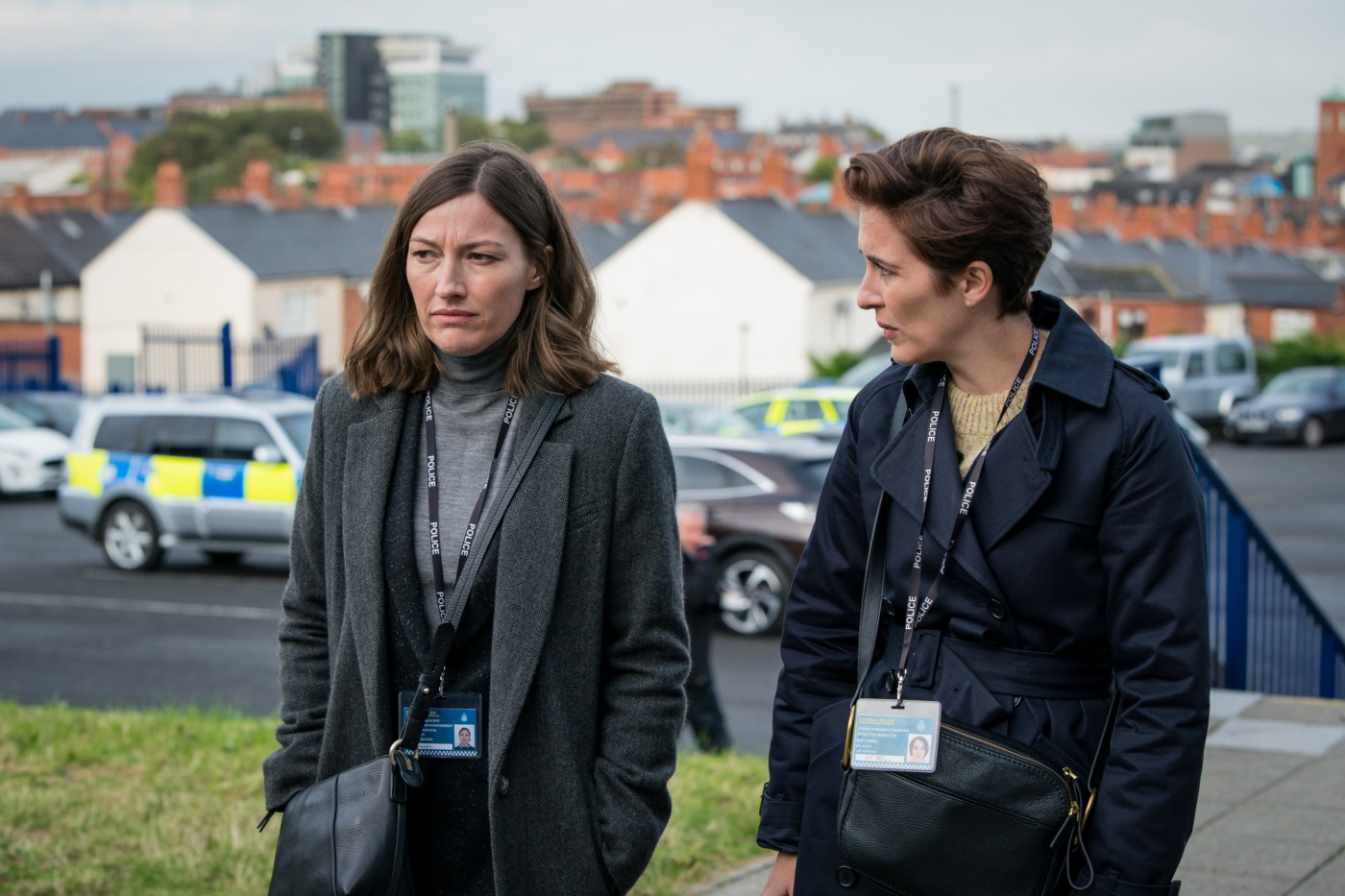“May have missed the mark”: ‘Line of Duty’ series six review
Well, that was eventful. Across nine years, BBC’s Line of Duty has taken our emotions on a roller-coaster ride, swinging us from heart-stopping tension to notes-out intrigue from one week to the next. But now it has come to an end (at least so we think), and not in the way many viewers would have liked.
The anticipation ahead of this sixth series was immense, as rumours abound that this would be the final instalment of the nation-gripping drama. The storyline up to this point had been perfectly moulded by writer and creator Jed Mercurio, interweaving plot lines from all five previous series, with this final set of six episodes being focused on the search for criminal mastermind “H”, the corrupt police officer who directed organised crime.
This was not necessarily the ending to a TV series but more a damning indictment of today’s society and those at the top of it
The show is focused on Anti-Corruption Unit 12 (AC-12), whose job is to root “bent coppers” out of the police force. Though this may seem quite mundane, as the show went on it became steadily clearer that corruption was institutionalised and directed by one man at the top – “H” or the “fourth man”. Initially, however, it appeared that the search for H had all but been given up. Kate Fleming (Vicky McClure), one of the three mainstays of AC-12, had left the unit due lack of activity, and Steve Arnott (Martin Compston) was considering doing the same.
This meant that the show got off to something of a (deliberately) underwhelming start. There was the typical inciting incident at the beginning of the series, but, unlike in the past, this was not a shoot-out or a car crash, but instead the low-key arrest of Terry Boyle, someone implicated in Gail Vella’s murder. But it did not take long for things to ramp up in typical Line of Duty style, as the net of suspicion started to close around Jo Davidson (Kelly MacDonald), who appeared to be hindering the investigation into Vella’s murder. Alongside Fleming in Davidson’s unit was also Ryan Pilkington, a man known to the viewers as a key player in organised crime. The intricacies of the plot are far better watched than explained on paper, but, in brief, prior to the final episode, Pilkington was dead, while Davidson, along with her senior in the unit Ian Buckells, had been arrested for corruption.
Although there has been some subsequent criticism for plot-holes that weren’t so evident in previous series, it appeared Mercurio had succeeded in continuing Line of Duty’s success, as the weekly 10 million viewers (a record) tuned in, scrabbling around for evidence as to who “H” actually was. All of which meant that the discovery that bumbling Buckells was “H” left the majority of those watching disappointed. This was the man who had been under the audience’s noses all along, a man who had shown his incompetence throughout and was seemingly incapable of organising a piss-up in a brewery, let alone heading up organised crime gangs.
But that was exactly Mercurio’s intention. This was not just the ending to a TV series, but more a damning indictment of today’s society and those at the top of it. Ted Hastings (Adrian Dunbar), the “gaffer” of AC-12 and the man many expected to be “H” provides the last line of the final episode, stating “Whatever you do, do it because you care about truth and accountability”. The point was that Buckells (like Boris Johnson) had “fallen upwards”, his incompetence masked by the lack of accountability in the police force, as corruption passes under the noses of exactly those people who are meant to prosecute it.
Though that decision is debatable, there can be no doubt that Line of Duty is one of the best (and the most watched) dramas to ever come from the BBC
This politically-motivated ending was certainly not the one that many armchair-viewers would have liked. It was simplistic, as was the series as a whole in comparison to previous ones, while the ending just did not seem to fit in with the whole. But this should not detract from Line of Duty’s brilliance. The acting from Compston, Dunbar, and McClure was once again superb, whilst the writing was, on the whole, flawless from Mercurio. He could, had he so desired, have written the ending that most would have wanted, but he instead took the opportunity to broadcast a message that resonates far beyond the environs of your living room.
Though that decision is debatable, there can be no doubt that Line of Duty is one of the best (and the most watched) dramas to ever come from the BBC. Five superb series should not be forgotten for one which, despite being very good, may have missed the mark.

Comments (1)
After what they did to Lindsey Denton in the first series had no desire to watch anymore of this.